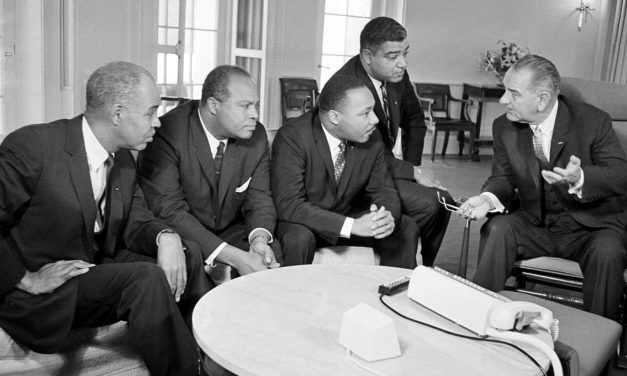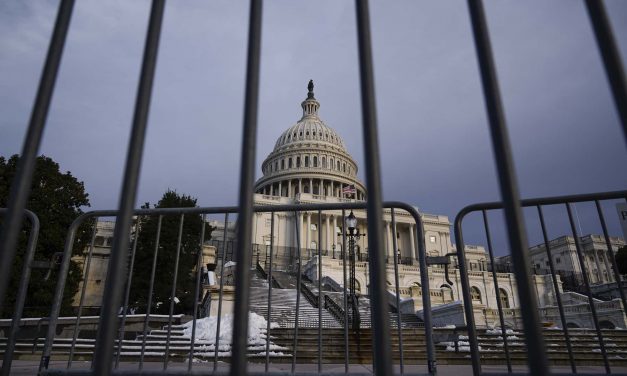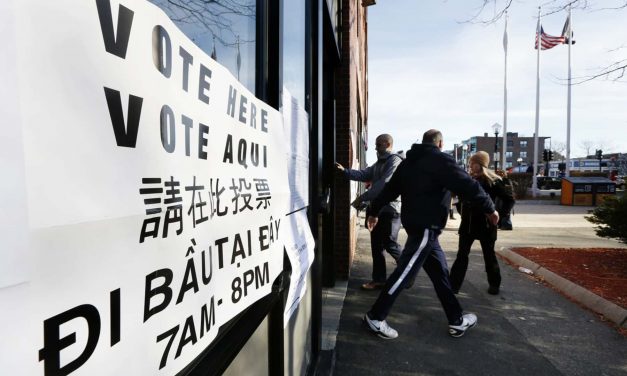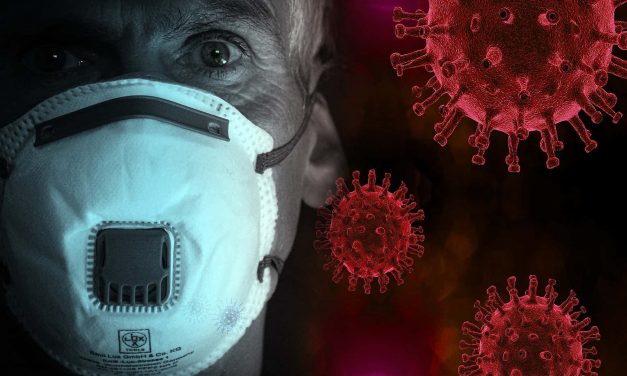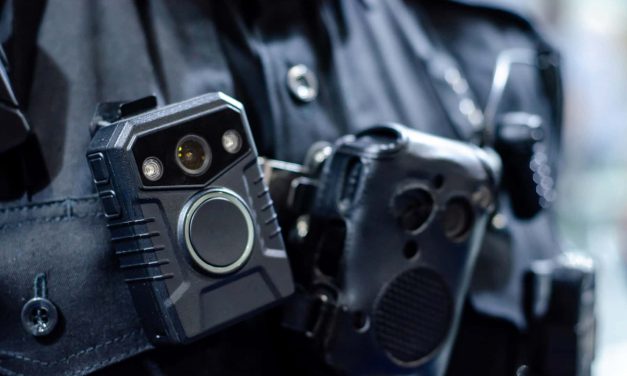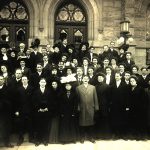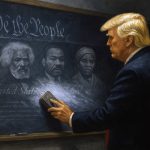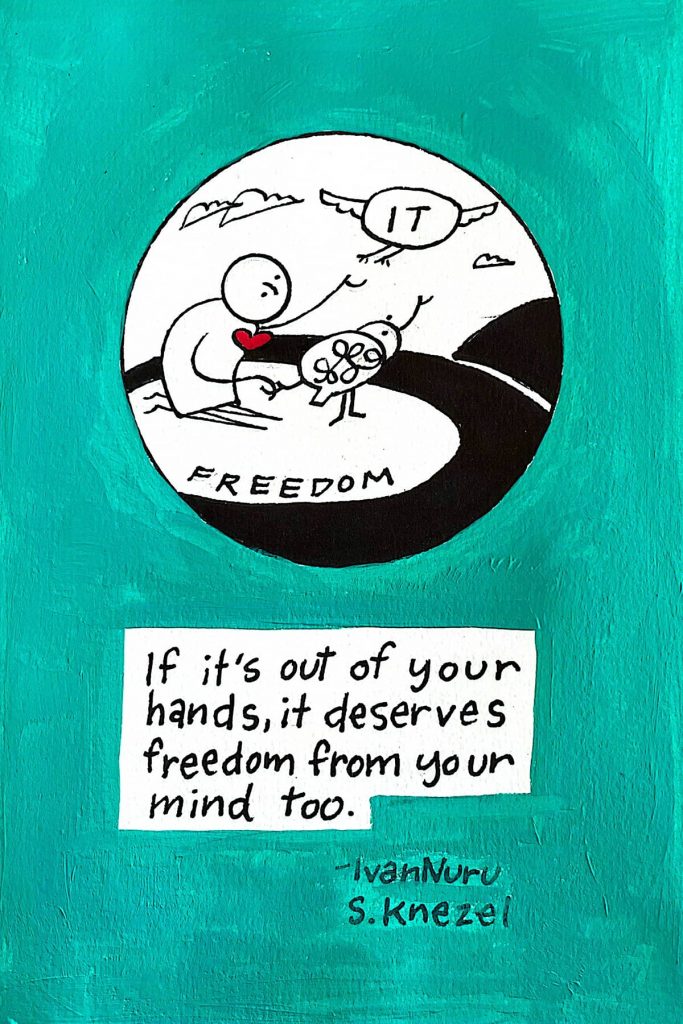King’s Vision: How the Vietnam War pushed the Civil Rights leader to embrace global justice
By Anthony Siracusa, Senior Director of Inclusive Culture and Initiatives, University of Colorado Boulder On July 2, 1964, Martin Luther King Jr. stood behind President Lyndon Baines Johnson as the Texan signed into law the Civil Rights Act of 1964. Although not the first civil rights bill passed by Congress, it was the most comprehensive. King called the law’s passage “a great moment … something like the signing of the Emancipation Proclamation by Abraham Lincoln.” Johnson recognized King’s contributions to the law by gifting him a pen used to sign the historic legislation. A year later, as Johnson signed...
Read More
